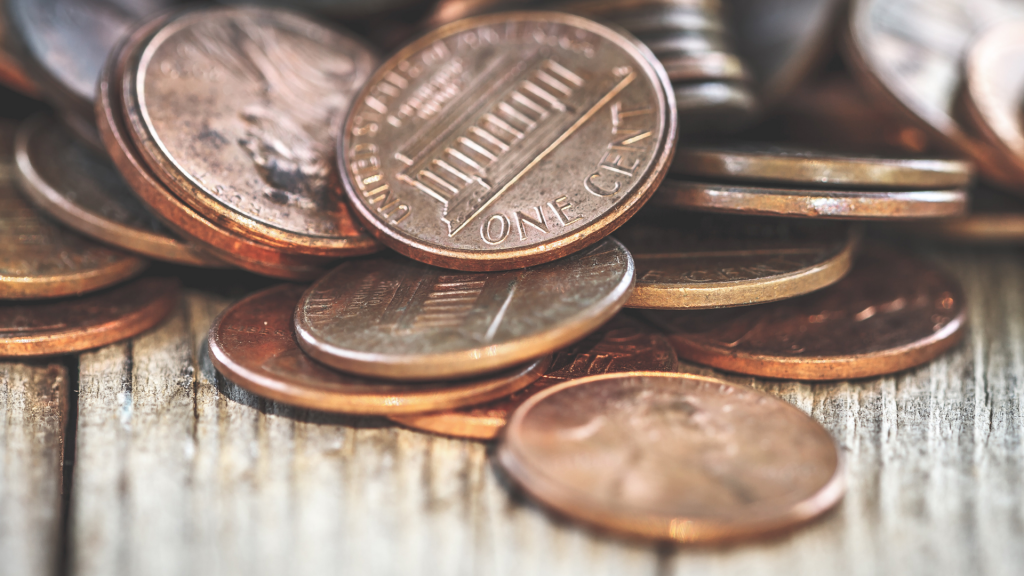As you put together an investing plan, you need to know your priorities. Here's how to set your investing priorities.
I like to think of my money as a resource that I can direct to accomplish different goals. One of the many foundational pieces of my finances is investing. I like to use investing as a way to help me reach my objectives related to retirement, travel, and paying for my son's college. Even my long-term emergency fund involves investing.
However, deciding how much of my monthly income should be redirected into each of these investing priorities requires a little thought.
Here's how I decide what should go where:
Start with Long-Term Financial Freedom (Retirement)
Even though I refer to it as retirement, I don't have many aspirations toward what we think of as a “traditional” retirement. However, I do like using tax-advantaged retirement accounts like the Roth IRA and the HSA to help me plan for my long-term financial freedom. These accounts help me accumulate money tax-free that I can use later on in life. (I can use the HSA money penalty-free anytime for qualified health care expenses. However, I hope to let the money grow as a backup nest egg for medical expenses later in life.)
Your first priority should be securing your long-term financial freedom. Do this by figuring out how much money you need to set aside each month to reach your goals. There are a number of calculators available that can help you do this. I like using Todd Tressider's calculators, as well as the Wealth Calculator from Stocks for the Week, for an idea of what I need to accomplish my goals.
Right now, I'm in a position to max out my Roth IRA and my HSA. This is a huge help to me. You don't have to max out your accounts if you don't need to, though. If you started investing in retirement early enough, you might only need to set aside $200 or $300. If you don't make enough money to contribute what you need for retirement, figure out how much you can spare from your budget to start investing in your future. Then, contribute that amount while you look for ways to boost your contributions later.
Once you have earmarked the appropriate amount for your long-term financial freedom, you can divvy up what's left based on your other investing priorities.
Emergency Fund, College, Travel: What Do You Value Most?
In order to decide what to do with the rest of the money you plan to invest, you need to know your own personal values and priorities. Because I want to increase the chances that I can handle a financial setback, my next priority is the emergency fund. I keep three to five weeks' worth of expenses in a liquid online savings account. The rest of it is invested in an S&P 500 index fund. If I have an immediate concern, I can draw on the savings account, which is enough to sustain my son and me for long enough to liquidate shares if needed. I've cut back my emergency fund contributions in recent months because it's been growing nicely, and I'm ready to focus on other priorities.
For some, keeping an emergency fund in a taxable account doesn't make sense. Plus, it's important to review the current situation to see where you stand. The situation surrounding the pandemic has changed the equation for some. In fact, I made changes in the wake of COVID-19.
How much will you sacrifice for your kids?
Contributing to my son's 529 Plan is important to me because I want him to be able to have access to educational opportunities. However, while I do want him to learn valuable skills, I also have other goals for my life, including travel. So, when I ended up with the chance to increase contributions to my son's 529 or start a travel fund, I decided to start a travel fund. I contribute monthly to this taxable account so that I can save up for trips. It's true that my son's 529 probably won't be big enough to pay for an entire four-year degree, but that's not really a concern of mine. I'll be able to help him and make college possible, and he'll have to do some of it on his own.
However, even though I love my son, I'm not putting my life on hold — or my retirement savings in jeopardy — for his college. He's just about decided to attend a community college in order to save money at first. So that's nice.
Open an Investing Account
Once you know your priorities, you can open an investing account with an online broker that fits your needs. Carefully consider what you'll use the money for and whether it makes sense for you to use certain types of accounts. The right broker will have features you can use, as well as allow you to access your money in the way you need it.
Whether you are saving up for a down payment on a home, planning a wedding, paying off debt, or saving for retirement, your money is a resource that you can use to your advantage. This is especially true when it comes to investing. Know your investing priorities and put your money toward the things that are most likely to help you achieve your goals and live the life you want.



